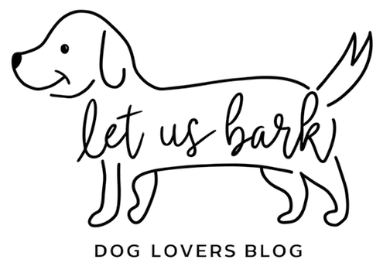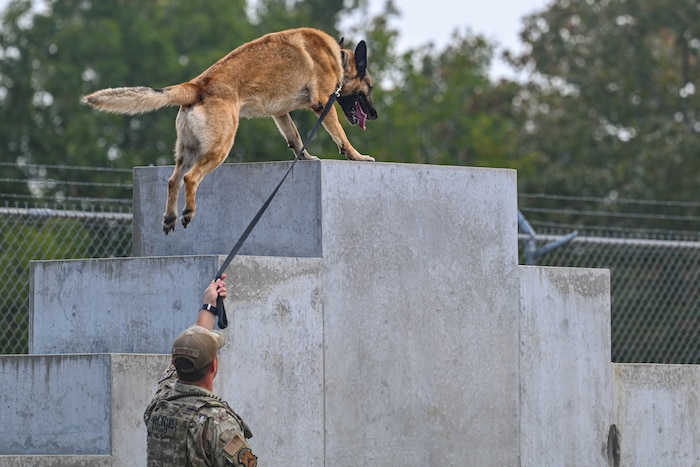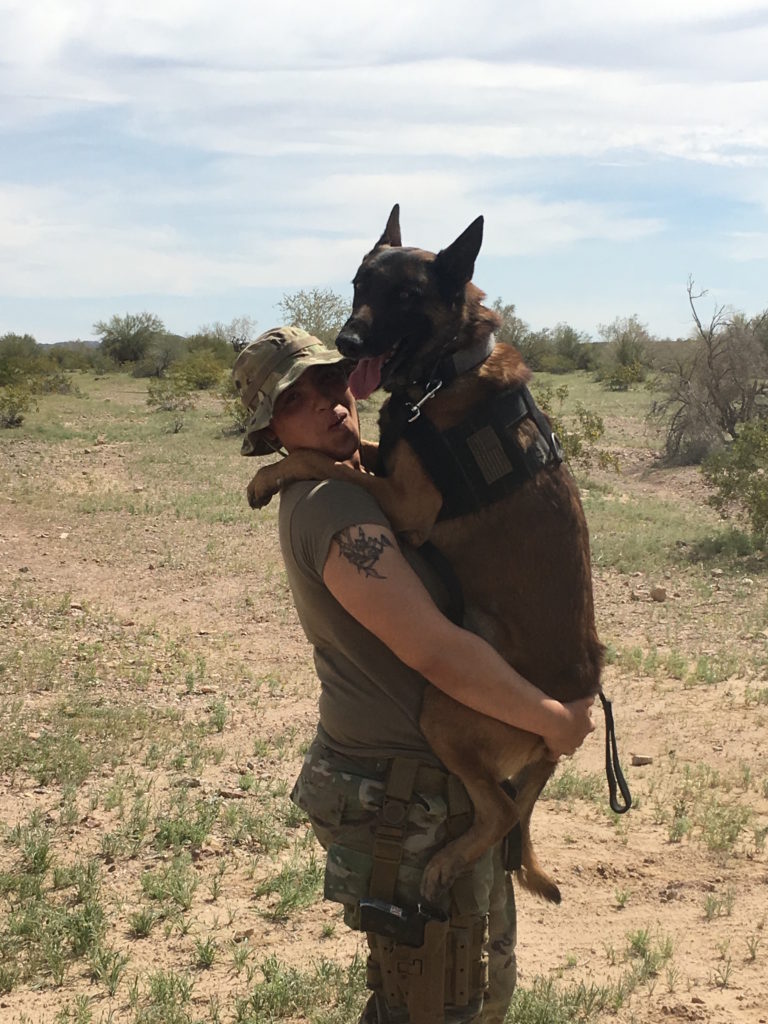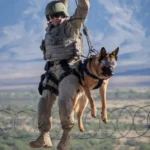Each year, Maryland Fleet Week in Baltimore showcases more than just military ships and aircraft—it also highlights the essential role of military working dogs (MWDs).

These four-legged defenders are an integral part of the event’s security apparatus, ensuring that festivities remain safe for everyone involved.
During Fleet Week, MWDs conduct detection sweeps, searching for explosives and dangerous materials that human senses or technology might miss.
As Gregory Bottom, a dog handler and trainer with the Naval District Washington Police, explained, these dogs are a “force multiplier.”
Their heightened sense of smell makes them far more effective than machinery when it comes to detecting explosives or other threats.
Obedience forms the core of military dog training. They are always alert and waiting for the next command from their handlers.
During demonstrations, dogs like Ute showed off their impressive strength, taking down suspects with controlled precision. WJZ’s Dennis Valera experienced this firsthand when Ute brought him to the ground in mere seconds, emphasizing the dogs’ power and discipline.
These highly trained dogs also go through constant skill reinforcement, ensuring they remain sharp in their abilities.
As Bottom noted, even the best-trained dog can become rusty without continuous practice. This regular training keeps them prepared to handle the unexpected, such as when a suspect surrenders or poses a danger to the dog.
In such cases, the dog must be able to quickly disengage upon command.
Beyond training, the bond between handler and dog is key to their success. Handlers spend significant time with their dogs, forming a trust-based relationship.
As Bottom shared, trust and attachment develop quickly between them, helping to create a strong defense line to ensure Fleet Week’s security.
Contents
Conclusion
Military working dogs are an indispensable part of Maryland Fleet Week’s security team.
Their keen senses, unmatched obedience, and strong bond with their handlers make them a force multiplier, ensuring the safety and smooth running of the event.
These loyal canines are a testament to the critical role they play in military operations, reinforcing that no threat is too small or too big for them to handle.
FAQs
- What is the role of military working dogs at Maryland Fleet Week?
MWDs perform detection sweeps for dangerous materials and serve as an added layer of security throughout the event. - Why are military working dogs considered a “force multiplier”?
Their heightened sense of smell allows them to detect explosives and other threats much more effectively than humans or technology. - How are military working dogs trained for these tasks?
Obedience is the foundation of their training, along with specialized courses that keep their skills sharp for real-world scenarios. - What kind of bond do handlers form with military working dogs?
Handlers and dogs develop a strong trust-based relationship, which is essential for effective teamwork and mission success. - How do military working dogs handle suspect apprehension?
They are trained to take down suspects on command, but they must also disengage quickly if a situation becomes unsafe. - Why is continuous training important for military working dogs?
Regular training helps ensure that even the best-trained dogs stay sharp and prepared to respond to any potential threats at all times.







